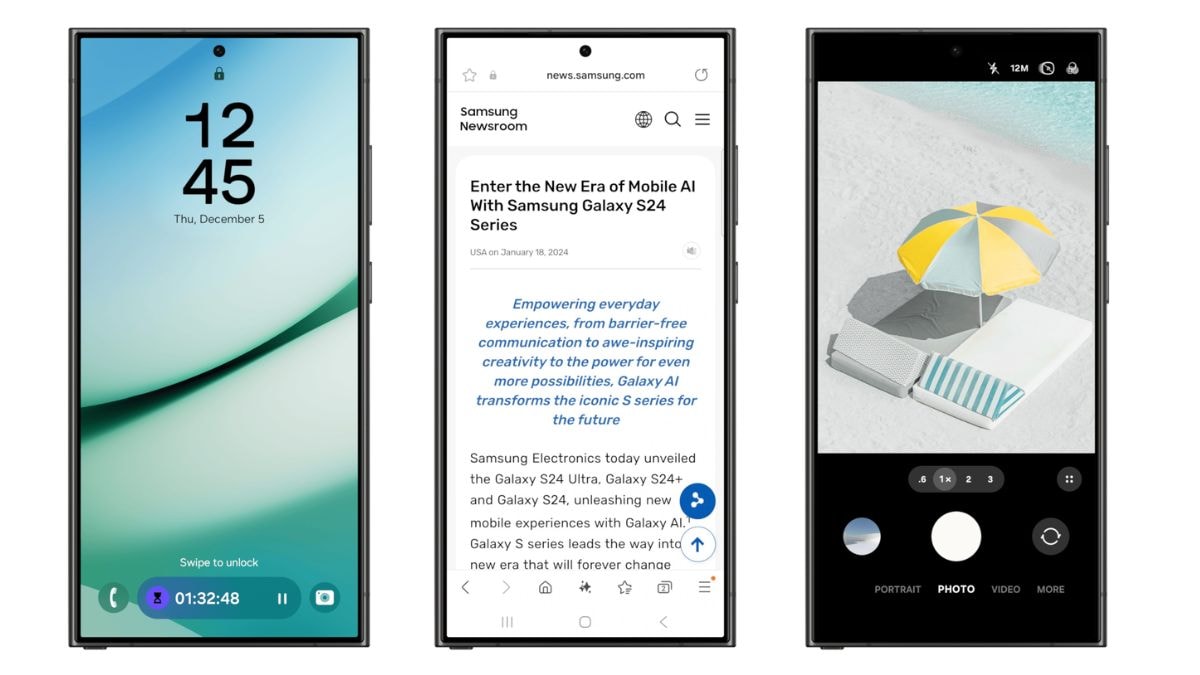Samsung announced its Android 15-based update dubbed One UI 7 at the Samsung Developer Conference (SDC) 2024 in October and it was released in beta earlier this month. According to a report, it brings a fix for an issue that has troubled Samsung users for years without any solution — the handset displaying bright HDR content. One UI 7 reportedly brings a toggle for a setting dubbed super hdrwhich when turned off stops the handset from automatically cranking up the brightness to the maximum for displaying HDR content.
Super HDR Toggle in One UI 7
In a reportsAndroid Authority's Mishaal Rahman detailed this new setting in the Samsung One UI 7 update. Its description reads, “Automatically adjust the display to show the full range of colors and contrast in pictures taken with Galaxy devices.” The toggle is reportedly present in the Settings app and turning it off prevents the Galaxy device from automatically adjusting the brightness when displaying HDR-supported media.
Users can turn it off by navigating to Settings > Advanced features > Super HDR on their Samsung Galaxy device.
While a similar toggle was previously reported to be included in the Samsung Gallery app in One UI 6.1.1, it only worked for a specific app, as opposed to the new option which is said to be implemented system-wide. This is because Samsung's Super HDR feature leverages Google's Ultra HDR image format which is not limited to photos or videos but applies on all content using the Ultra HDR format.
Since it is a One UI 7 feature, only Galaxy S24 users can toggle it off as of now. The Android 15-based update's beta build is yet to be released for other Samsung devices.
One UI 7 Beta Availability
Samsung confirmed that the One UI 7 beta program is initially available for the Galaxy S24 series in Germany, India, Korea, Poland, the UK and the US. Galaxy users can experiment with the new features by signing up for the beta program via the Samsung Members app. However, the update's features may vary depending on the country or region the user resides in, as per the company.
It supports a total of 29 global languages including local dialects, such as Arabic, Chinese, English (Australia, India, United Kingdom, United States), Dutch, French (Canada, France), German, Hindi, Spanish (Mexico, Spain, United States), and Vietnamese.


